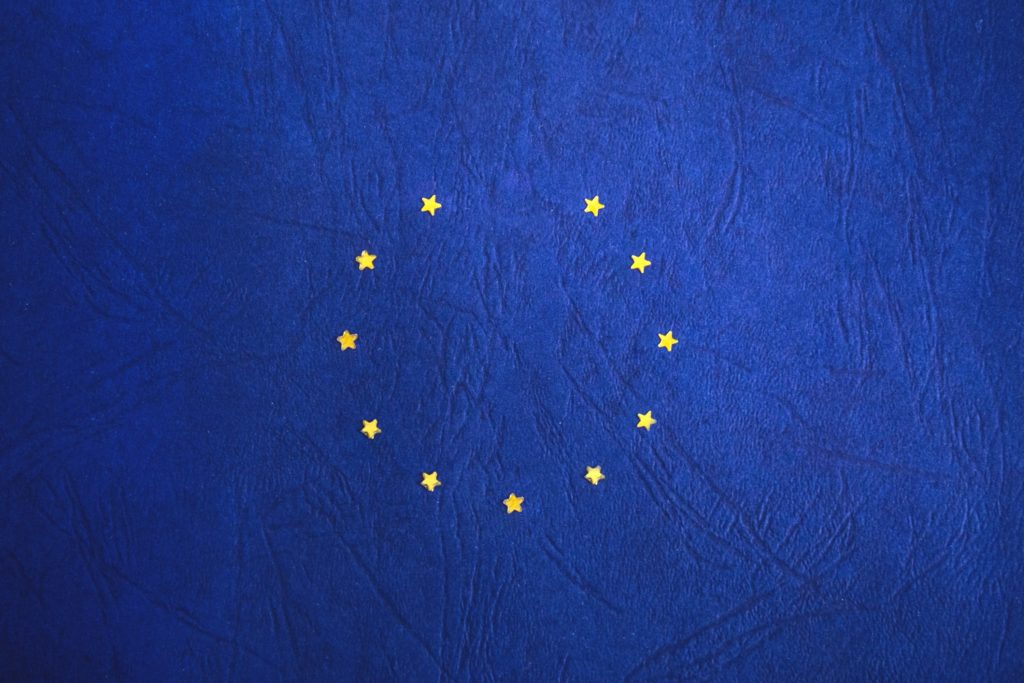
 Recently, the twenty-eight member states of the European Union voted to ban all outdoor uses of neonicotinoid insecticides, expanding upon a ban initially put into place in 2013. While this ban is only in effect in some areas overseas, it is possible you may receive questions as a result. NALP is committed to educating landscape professionals, customers and the general public about the safe use of lawn and landscape products, and alleviating misconceptions surrounding insecticides. Here are some facts about neonicotinoids you can share with your staff and customers:
Recently, the twenty-eight member states of the European Union voted to ban all outdoor uses of neonicotinoid insecticides, expanding upon a ban initially put into place in 2013. While this ban is only in effect in some areas overseas, it is possible you may receive questions as a result. NALP is committed to educating landscape professionals, customers and the general public about the safe use of lawn and landscape products, and alleviating misconceptions surrounding insecticides. Here are some facts about neonicotinoids you can share with your staff and customers:
- Neonicotinoid insecticides are widely used for agriculture, landscapes, structural pest control, animal health and other uses due to their low toxicity to people and animals, and broad effectiveness against target insects.
- Because of their low toxicity to mammals, neonicotinoids provide a greater degree of safety to applicators, customers, and their cats and dogs, than many other types of pesticides
- Neonicotinoids are systemic insecticides that are absorbed by the plant and move upwards, this means they can be used in lower amounts than other types of insecticides, can be applied less often, and have a lower risk of spray drift.
- Neonicotinoid insecticides are especially useful when treating large trees and shrubs; a soil or root application can systemically protect susceptible species from problem pests like Emerald Ash Borer, Asian Longhorned Beetle, flat head borers, and other species of wood boring insects.
- Pollinators actively foraging on blooming plants are at the highest risk for pesticide exposure; the ‘Bee Box’ on neonicotinoid product labels clearly identifies the risks and need to avoid spraying plants in bloom and foraging pollinators.
- Industry best management practices such as those developed for lawncare, help protect pollinators from harm: https://ncipmc.org/action/bmpturf.pdf
- Survival of both commercial honeybees and wild bees is affected by many different stressors: honeybees are impacted by long-distance travel on trucks between states, Varroa mite, Nosema disease, American foulbrood, and other issues, while all bee species are impacted by habitat loss and fragmentation, and the loss of diverse nutritional resources.
- Research shows that where Varroa mites and the diseases that they transmit are present, honeybees suffer losses irrespective of neonicotinoid use. In Australia, where neonicotinoid are used widely in agriculture and Varroa is absent, there is no similar decline in bee populations.
- The European Union ban does not affect the U.S. In the U.S., the regulation of pesticides is the responsibility of the Environmental Protection Agency (EPA), which follows a robust and comprehensive regulatory process.
- Pesticides registered by the EPA must be additionally registered at the state level prior to sale or use. In the green industry, pesticide applicators must be licensed and certified by the individual states, which includes mandates for ongoing training in the safe use of pesticides.
The EPA is in the process of an expedited review of the neonicotinoids as part of the 2015 National Strategy to Protect Honeybees and Other Pollinators. This process takes into consideration the environmental impact of neonicotinoid use and potential risk-reduction mitigations.
NALP fully supports the established framework for the regulation of pesticides in the United States through the nation’s pesticide law (FIFRA) as administered by the EPA. NALP members are licensed and certified pesticide applicators that use these products in a safe and environmentally responsible manner.
Our association closely monitors the political and regulatory space for developments with this issue to ensure industry professionals have access to best practice information. We understand the important use of neonicotinoids when caring for our landscapes and are committed to their safe and effective use.
For more information, contact Bob Mann at bob@landscapeprofessionals.org.

